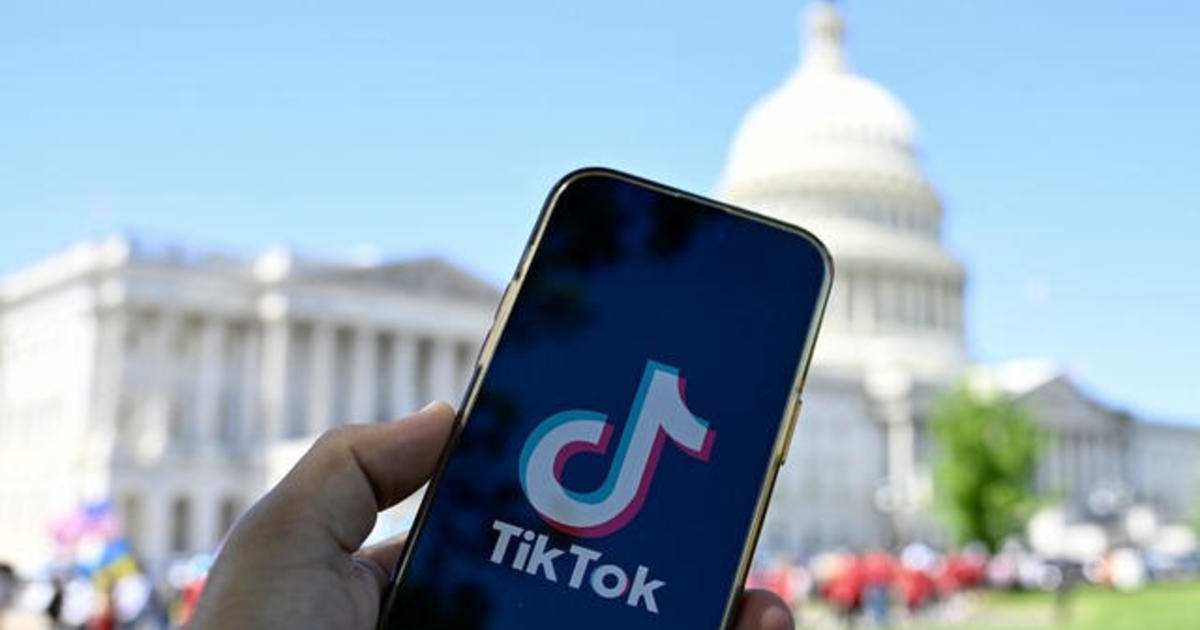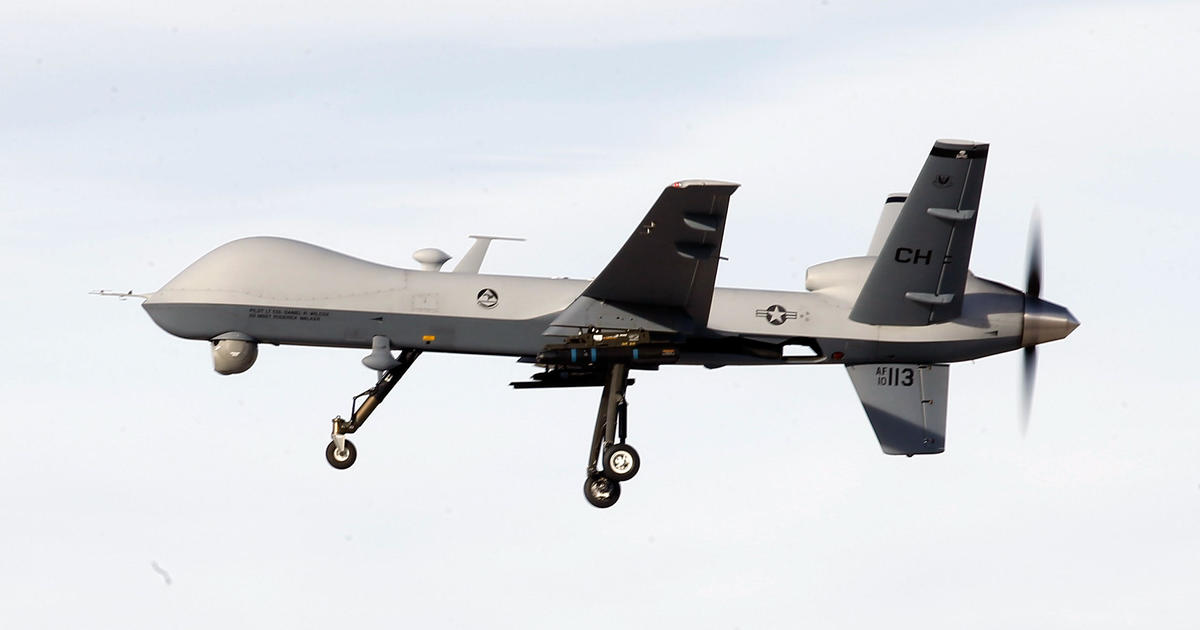Illinois and OxFam ask shareholders to reject Johnson & Johnson CEO's $30 million payday
The fight over Johnson & Johnson CEO Alex Gorsky's $30 million payday is heating up. The state of Illinois, charitable organization OxFam and several religious organizations have filed letters with the Securities and Exchange Commission opposing his pay.
The letters urge shareholders to vote no on a "say on pay" proposal set for consideration at J&J's annual shareholder meeting on April 22. Officials in Illinois, which owns J&J stock in its municipal retirement fund, take issue with how the company computed Gorsky's 2020 pay. They said it is unfair to exclude the billions of dollars the pharmaceutical company has paid to settle legal claims related to its role in the opioid epidemic. Illinois is asking J&J to cut Gorsky's pay by at least $2 million.
"We support compensation plans that reward executives for such laudable achievements as vaccine development despite the recent recommendation from the Centers for Disease Control and Prevention and the U.S. Food and Drug Administration to pause the use of the Janssen vaccine in response to rare adverse reactions involving blood clots," states the letter, which was written by Illinois's treasurer. "Compensation plans work more effectively when they take both successes and failures into account."
Earlier this year, two influential investor advisory firms also urged shareholders of the pharmaceutical giant to make the company claw back some of Gorsky's pay package.
Institutional Shareholder Services in early April joined rival advisory firm Glass Lewis in recommending that J&J investors vote to reject Gorsky's compensation deal at the company's annual shareholder gathering this month. ISS said J&J's corporate governance was poor, giving it a 7 rating on a scale of 1 to 10, where 1 is the best. On compensation alone, ISS gave J&J a rating of 9, close to its lowest.
At issue is the fact that J&J paid out billions of dollars in legal settlements last year, including $4 billion tied to its role in the nation's opioid epidemic.
The Centers for Disease Control and Prevention estimates nearly 500,000 people died of opioid-related overdoses in the U.S. between 1999 and 2019. J&J is one of numerous manufacturers of opioid-based pain medicine, and other drugmakers also have been implicated in the opioid epidemic. Despite the legal settlements, J&J has denied any wrongdoing in soaring overdose deaths.
J&J has also set aside an additional $4 billion for litigation tied to claims that its talcum powder contained cancer-causing asbestos. The company maintains its products are safe and that any contaminations were isolated incidents.
ISS said in its report that J&J declined to sufficiently detail for shareholders how the company's board of directors weighed the multibillion-dollar litigation settlements in deciding to pay Gorsky $30 million in cash and stock awards last year.
J&J, like many companies, excludes one-time legal fees from the metrics it uses to calculate executive compensation, but ISS said it believed the settlements should have been factored into Gorsky's pay anyway.
"Given insufficient disclosure on the subject, a vote against the proposal is warranted," ISS stated in the report.
Gorsky has been the chief executive of Johnson & Johnson since 2012, which includes some of the years the legal settlements covered.
In a statement, J&J said its executive compensation is "designed to promote long-term, sustainable value creation." The company also noted that while litigation losses are excluded from performance measures for its executives, they are a factor when the board sets compensation.
"The company's treatment of litigation expenses in compensation performance measures is well within industry benchmark practices," J&J said.
A vaccine, but rollout bumpy
J&J did have a major accomplishment last year: It is one of only three companies to successfully develop a vaccine to fight the spread of the COVID-19 pandemic approved for emergency use in the U.S.
Still, J&J's vaccine rollout has faced production delays and quality-control issues. A contract manufacturer working for J&J at a Baltimore plant had to throw out millions of doses of the company's COVID-19 vaccine last month. Separately, several states have temporarily shut down vaccination sites using the J&J vaccine after reports of adverse reactions.
Even excluding the legal settlements, J&J had a lackluster financial year in 2020. Sales rose just 1%, to nearly $82.6 billion, and the company's earnings fell 8% from 2019, to $14.7 billion.
The J&J board's compensation committee awarded Gorsky a 14% pay raise in 2020 to $30.1 million, according to ISS estimates. The investor advisory firm noted that Gorsky's pay amounted to 365 times the company's median annual employee pay of $81,000.
"I think [Gorsky's] pay was excessive," said Rosanna Landis Weaver, who analyzes executive compensation at As You Sow, a nonprofit that promotes shareholder advocacy on inequality, the environment and other issues.
"You have to treat one-off events whether they are positive or negative in the same way," she said. "He's going to want credit for the extraordinarily good things that happen, like developing a COVID-19 vaccine, but that means he should also get a penalty for the extraordinarily bad things that happen as well."



